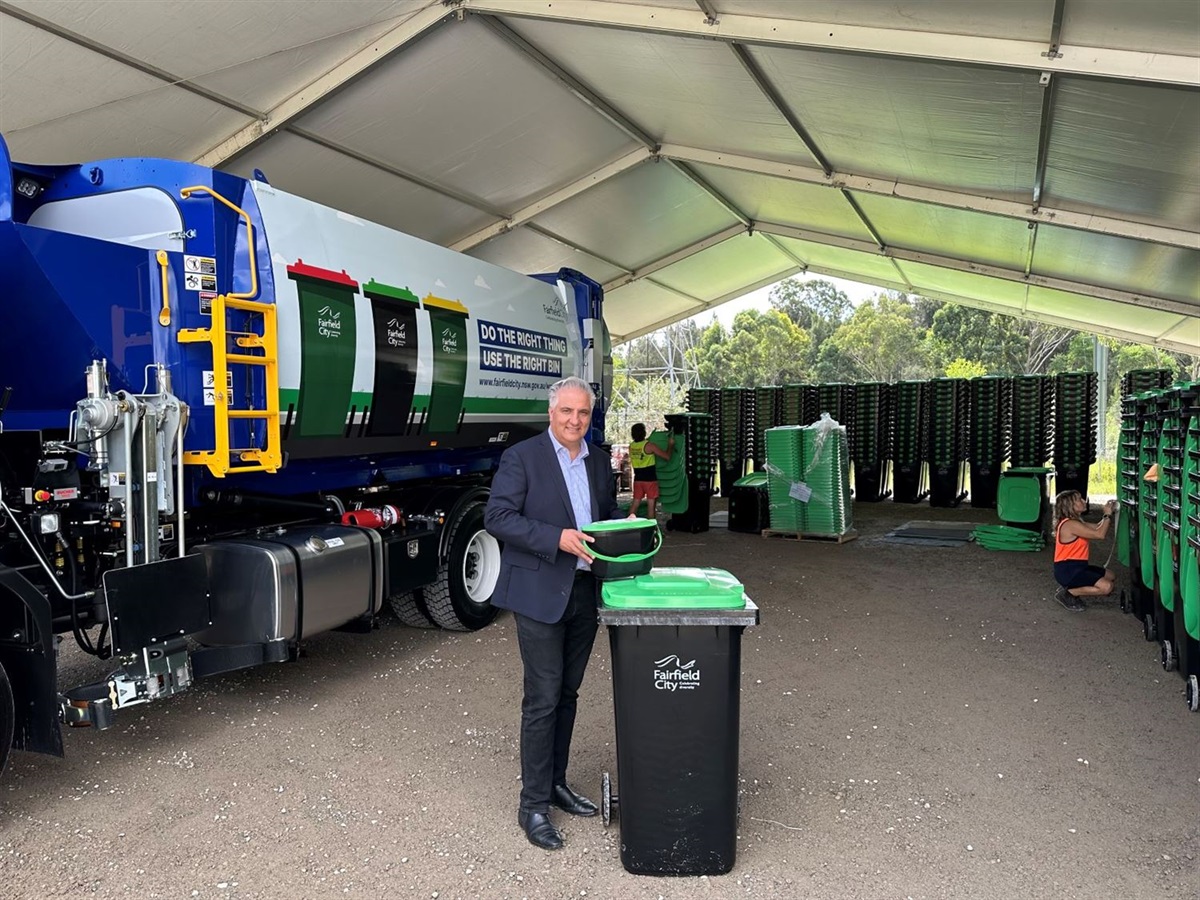The Human Research Protection Program at Penn State has once again been awarded full accreditation from the Association for the Accreditation of Human Research Protection Programs Inc. (AAHRPP). AAHRPP accreditation is voluntary and represents the highest international standard for the protection of participants in research.
According to AAHRPP, “To earn accreditation, organizations must show they have built extensive safeguards into every level of their research operation and adhere to high standards for research.” Penn State has been accredited continuously since 2006. The accreditation is awarded to the entire University, which includes the Institutional Review Board (IRB) program in the Office for Research Protections and the Human Subjects Protection Office located at the Penn State College of Medicine.
“The IRB is a key component of AAHRPP accreditation, but the accreditation process is much broader,” said Candice Yekel, associate vice president for research and director of the Office for Research Protections. “AAHRPP accreditation really looks at the whole system of human research protections: the researchers, our post-approval reviews, sponsored programs, our education, and outreach. We are gratified that Penn State was again awarded full accreditation. As the institutional official, I am proud of our team for the work that went into this achievement.”
Sara Horn, director of the IRB at University Park, led the reaccreditation efforts. The first step is a review of all policies and procedures for the organization to make sure they align with the accreditation standards. According to Horn, the compiled documents for step 1 resulted in a PDF that was nearly a thousand pages.
“The submission of materials for step 1 coincided with the release of the Revised Common Rule in January of 2019, so the IRB program was overhauling its toolkit of documents to reflect the revised federal regulations at the same time,” Horn said.
After completion of step 1, a site visit is scheduled; a team of four site visitors arrived in December for two days of on-site interviews and document reviews to see how practice matches policy. During the two-day site visit, AAHRPP interviewed approximately 95 individuals.
An AAHRPP site visitor herself, Horn knows the work that goes into readying an organization for accreditation as well as the work involved in the review.
“I’m grateful to everyone who contributed to our successful reaccreditation: our IRB boards, our researchers, and our staff at both IRB offices, University Park and the College of Medicine, as well as from other components that make up Penn State’s HRPP,” said Horn. “Preparing a university of Penn State’s size for accreditation is an enormous undertaking, and this demonstrates Penn State’s continued commitment to the highest standards of protection for our research participants.”
Leslie Parent, vice dean for research and graduate studies in the College of Medicine, added, “AAHRPP accreditation is an affirmation of the high-quality work we are doing in the protection of human research participants at Penn State. Achieving this important designation is evidence of the dedication of our faculty and staff at the College of Medicine and across the University.”
AAHRPP’s final report indicated zero findings from the site visit; that is, the University met all applicable accreditation standards. This is the second time Penn State has been awarded reaccreditation with no adverse findings – the last being in 2015. The final report called out the strengths of the program, including the conflict of interest program and “the strong leadership through all levels of the HRPP that resulted in a fully coordinated and collegial process.”







